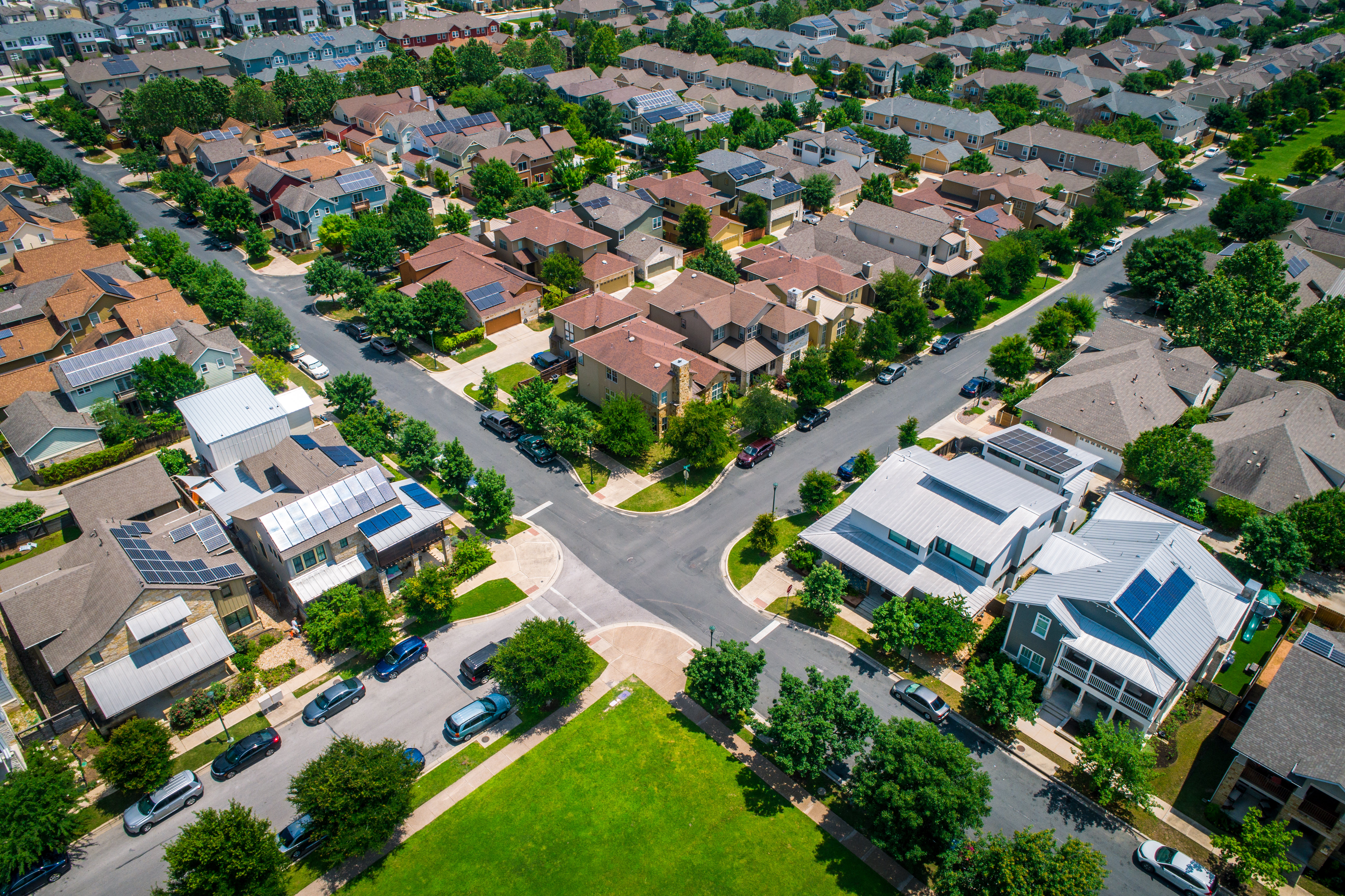Battery storage is a smart home energy investment. Offering you greater energy independence and security, it also gives you more control over your electricity bills by providing you with a source of power you can tap into during times of high electricity pricing. While often coupled with a rooftop solar system, battery storage can operate independently. And in fact, if you want to boost your energy security but can't install solar, batteries can deliver you this resiliency by themselves.
Most financial incentives for battery storage currently require you to charge the system with renewable energy, such as solar. But the benefits of batteries by themselves are now recognized, prompting the Federal Government to consider expanding the Investment Tax Credit (ITC) to include standalone energy storage technologies. If successful, the amendment will enable you to deduct 30% of the costs of a standalone battery system from your taxes until 2024.
Some states are particularly well-suited to battery storage. These include regions that suffer from regular storms and power cuts, those with high electricity prices or states that charge time-of-use pricing. In these areas, batteries will ensure you have round-the-clock power even when the grid fails. It also allows you to hedge against steep electricity prices, by tapping into your battery when rates rise. Here's a look at three states where batteries can be a really valuable asset.
Golden Gate Bridge, San Francisco
California and Battery Storage
Following devastating wildfires, California's utility companies have developed a plan to shut-off power during certain weather events. This has prompted the state to direct more funding towards an incentive program that encourages homeowners and businesses to install batteries alongside solar panels. Here's what you need to know:
- California has the highest number of power outages of any state, suffering 438 in 2018 alone.
- The state this year began implementing time-of-use tariffs for all residential customers. This makes batteries an attractive option by allowing you to use your battery when electricity rates are at their highest.
- The Self-Generation Incentive Program (SGIP) gives homeowners a rebate on eligible battery storage projects.
- An extra $100 million has been directed into SGIP to encourage battery storage for homes in high fire-threat areas, those in low-income communities or residents with serious illnesses that could be life-threatening without electricity.
- If your solar system powers your battery storage, you can still receive the current federal ITC alongside the SGIP.
Austin, TX neighborhood
Texas and Battery Storage
Texas is a stormy state, with an aging power grid. It's also the nation's largest energy-producing and energy-consuming state. While it leads the country in wind power, it's starting to shift its sights to smaller-scale renewable energy projects.
- Texas experienced the second-highest number of power cuts last year, with 192 in total.
- Local governments and state utilities offer multiple incentives for residential solar systems, from cash rebates that help you pay for your system, to tax credits, property tax exemptions, and solar buy-back systems.
- The state has yet to implement specific incentives for battery storage, but there is still the federal ITC. When coupled with solar incentives, this can really help you to recoup some of the costs of a solar and battery installation.
Fort Lauderdale, Florida
Florida and Battery Storage
It might be known as 'The Sunshine State' but Florida suffers regular storms. And while it experiences fewer blackouts, more people are affected when it does. The state has plenty of solar energy incentives on offer and it's starting to implement some battery storage schemes too.
- Between 2008 and 2017, 25.3 million people were left without power in Florida.
- Florida offers several solar incentives, such as its Property Tax Exemption and Sales Tax Exemption.
- The Jacksonville Electricity Authority has a Battery Incentive Program for homes and businesses, that provides $4,000 per energy storage system that meets its criteria, which includes having a 10-year warranty on your system and being charged from a renewable energy source.
No matter which state you live in, battery storage can help ensure your home has sustainable, reliable power no matter the weather. When coupled with solar power, it becomes a total home energy solution homeowners can depend on.
To learn more about battery storage, explore Panasonic's Green Living blog.






